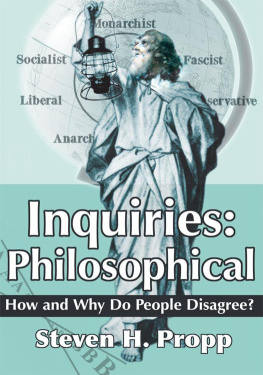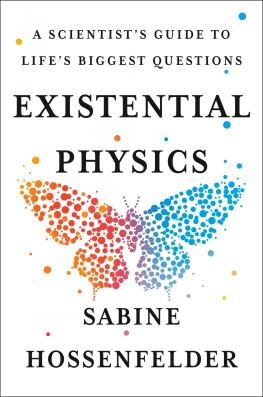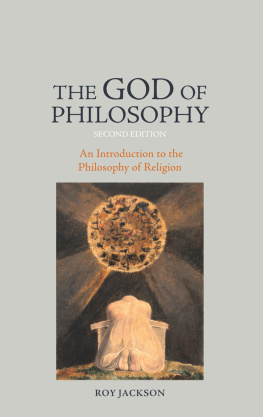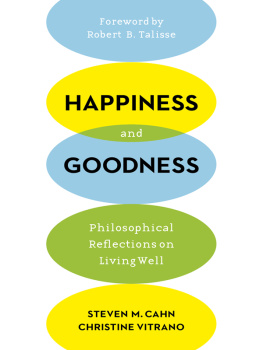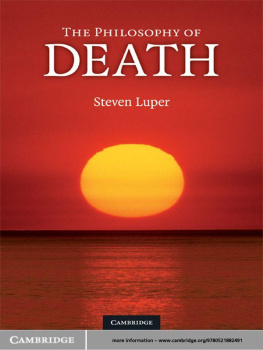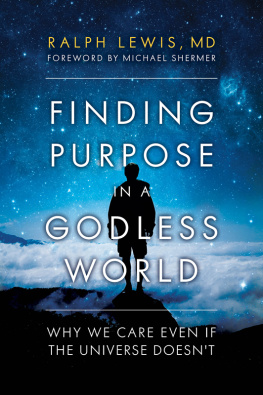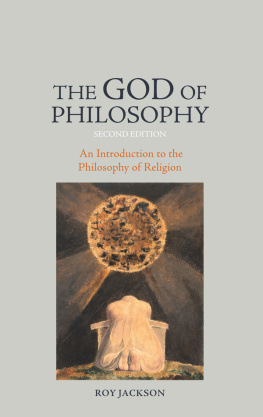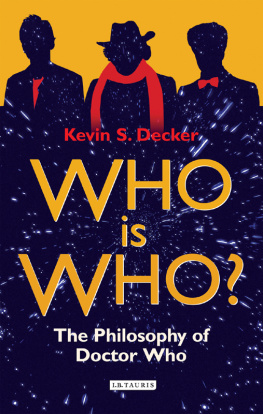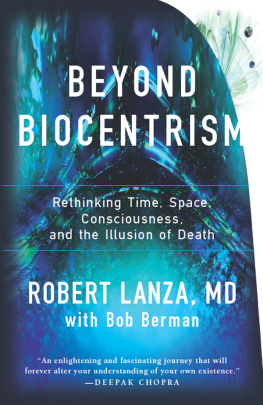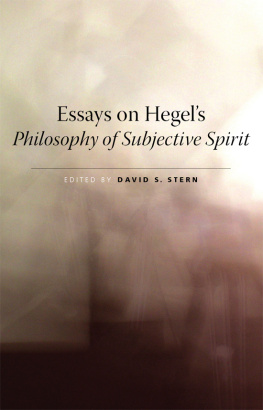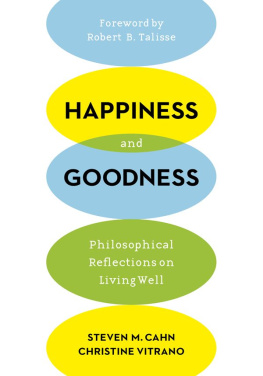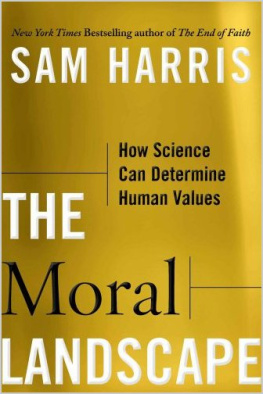Inquiries: Philosophical
Steven H. Propp
Writers Club Press
New York Lincoln Shanghai
Inquiries: Philosophical
How and Why Do People Disagree?
All Rights Reserved 2002 by Steven H. Propp
No part of this book may be reproduced or transmitted in any form or by any means, graphic, electronic, or mechanical, including photocopying, recording, taping, or by any information storage retrieval system, without the written permission of the publisher.
Writers Club Press
an imprint of iUniverse, Inc.
For information address:
iUniverse
2021 Pine Lake Road, Suite 100
Lincoln, NE 68512
www.iuniverse.com
ISBN: 0-595-25574-4 (Pbk)
ISBN: 0-595-65181-X (Cloth)
ISBN: 9781475900538 (eBook)
Contents
To Bertrand Russell and Ludwig Wittgenstein; For having shown the way.
To Robert H. Rimmer, Alan Watts, and Robert M. Pirsig; My early influences.
And to my mother, Dorothy S. Propp; the most unwaveringly Loving, supportive and organized single Mom in the world.
In many respects, Im amazed that this book still exists; it is definitely asurvivor.
It was begun in 1976, when I was a third-year student at California State University, Sacramento, and was completed in August of 1979, just prior to my twenty-fourth birthday (my personal deadline for its completion).
The exigencies of the publishing world being what they were for unknown (and overconfident) philosophers of dubious credentials with no literary agent, the book not only remained unpublished, I couldnt even get any publisher to flip through its pages, much less read it.
The book existed for the next 15 years in a single typed copy (I didnt have a computer in 1979). I continued through 1983 to regularly jot down random ideas and additions to it, my notes identified by subcategories such as PSYCH, WHAT IS PHIL, META, and so on. These notes (typically on small pieces of paper) were randomly thrown into one of several drawers at home.
In spite of moving 4 times (sometimes on rather short notice) over the ensuing decades, I somehow managed to never lose my one typed copy, nor even most of the additional notes I had randomly jotted down. This was very fortunate for me, as this book represented the apex of the greatest intellectual flowering that I have ever experienced, from 1975-1980; there is absolutely no way that I could have reconstructed it had it been lost.
1984-1994 represented a dead time for me personally, during which I wrote nothing. However, at the end of this period, I now had a computer, and it finally occurred to me that I needed to type up the unpublished manuscript before I lost it for good. To my surprise, despite not having touched it for some 15 years, it wasnt embarrassing to read something I had written so long ago; quite the contrary, I was sometimes quite pleased with the breadth of what I had originally covered, in so short a time. I also finally collected my various scattered notes, sorting them by category.
This experience reawakened my long-dormant interest in writing. After trying my hand at some essays, a contest in the local newspaper stimulated me to try writing fiction, and the end result was my two novels, Work, Death, & Taxes (sent to the publisher in December of 1999) and Tattered Pilgrims (2001). I decided that since I now had an avenue in publishing, it was time for Inquiries (the original title) to see the light of day.
Having spent the better part of the last two years of weekends revising, clarifying, and expanding the present book, I am sometimes amused at how assured I was in expressing some of my ideas. (One tends to feel absolute certainty about so many things at age 24.) Where the book contains qualifiers such as perhaps, possibly, and it may be the case, these were almost entirely added by me now, in an attempt to rein in many of my original dogmatisms. In some cases (notably the chapter on Metaphysics) I made significant additions to the original manuscript, but my original conclusions are unchanged (though substantially clarified, in a number of instances).
However, although some topics required updating (when I first wrote the book, behaviorism was still a dominant force in psychology, metaphysical bookstores were not yet called New Age, Near-Death experiences were still quite new, and artificial intelligence was in its infancy), I have attempted to refrain from doing a genuine rewrite of the book, and thereby completely muzzling the occasionally stridentyet frequently creativevoice of my 24-year old self. (I think I owe the former 24-year old in me that much consideration.)
So, for better or worse, this book now exists. Think of it as a presentation of my 24-year old self, with the panel discussion being moderated by my 47-year old self.
With love and gratitude to:
My brother-in-law Darrel Buzynski:
Who in 1975 gave me my first book of philosophy;
My sister Susan:
The best big sister a nascent philosopher ever had;
My niece Jennifer:
University student and computer whiz;
My nephew Jason:
Who (despite his height) remains my favorite nephew;
My friends and coworkers:
Who keep encouraging me in this writing thing;
All of our family, extended family, and friends: Even if I dont get around to see you very often;
My little buddies, partners, sweethearts, & angels, now + future: Who make me think that history is going someplace, And who might someday be interested in books like this.
But especially to Nancy; the light and love of my life, And my sweetheart forever
We live in a world that has no place for reflective thought. Ours has been called an age of anxiety, an age of transition, and an age of disori-entationnever an age of reflection. Our culture, after all, has but little patience with those who have more questions than answers.
We tell ourselves in passing that we are too rushed to take time out to stop and reflect. We are far too busy to pause when door-to-door evangelists ask us to ponder a very serious question about our future destiny. With a contemptuous half-smile we dismiss the various artists, students, mystics and lunatics who are unable or unwilling to cope with the pace of modern life. We ignore the advice of our own doctors and psychologists who warn us against overextending ourselves, in our quest to fill every moment with the abundant life.
Seldom is such extension of ourselves necessary, however, or even particularly desirable. Do we really have to spend such long hours at work? Do we need to participate in so many volunteer activities? Does taking night classes, yoga lessons, or learning a new language really fulfill us? How important is it to have seen the newest movies, read the latest bestsellers, or eaten at all the best restaurants? Could it be that we sometimes use the opulence of our outward lives to mask a growing impoverishment of our inward ones?
We can be active, yet aimlesswithout goal or purpose. We seem to have lost the sense that there is more to life than our day-to-day goals and concerns. When stopped in our cars at a train crossing, we fiddle with the stereo, use our cellular phone, or light a cigarette, rather than wonder about the ultimate meaning of life. We can use our daily activities as a substitute for thinking, even as we can use thinking (which is no more than talking silently, for many of us) as a substitute for doing something. When we converse, it is often about rather superficial things (such as television programs, sports, or the weather) that we can discuss amicably, rather than probing into things that relate to our deeper values.
Yet is there really any need for our personal involvement in determining the meaning of our lives? We live in a pluralistic world, and parochialism is rapidly losing its plausibility. Surely there are already enough individuals and groups who are willing to do our thinking for us in this area. We can venture into the marketplace of ideas and explore any number of ready-made viewpoints, with a mere click of our computer keyboard or television remote control. Surely among all of this, someone has found the answer; surely the majority of people (in our country, at least) cant be wrong.
Next page
